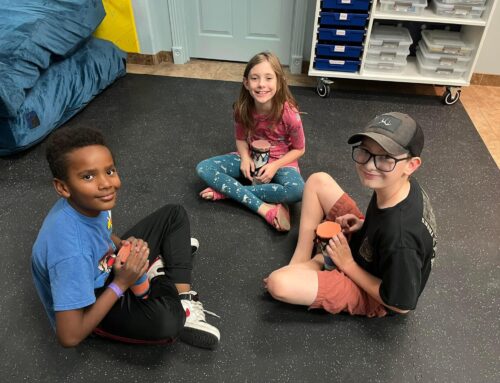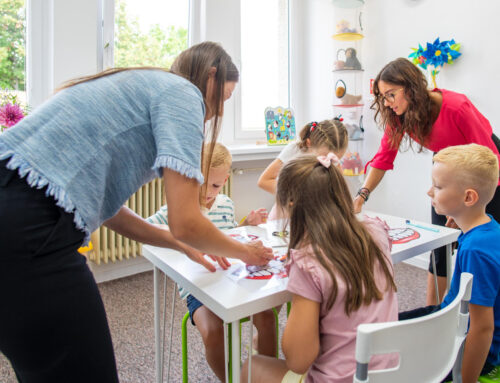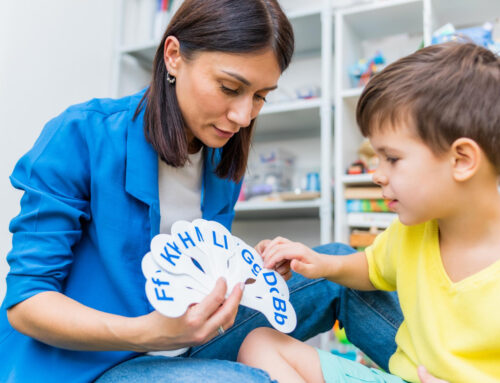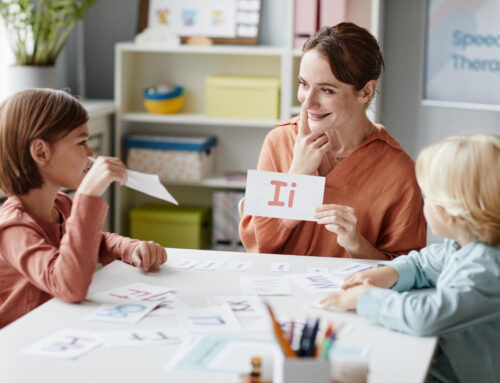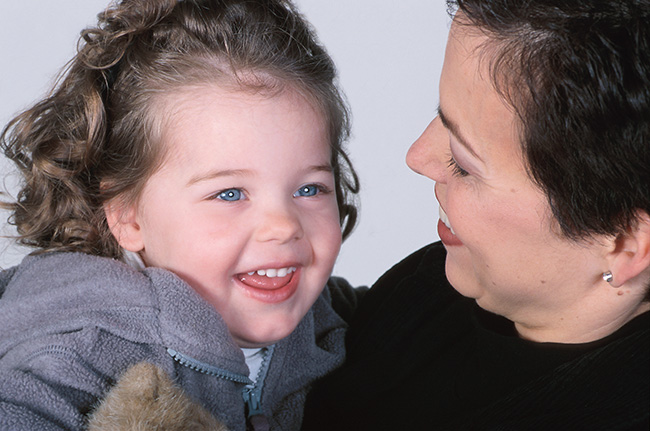
Good, proactive parents have one common fault: coming down hard on themselves because despite everything they do for their child, they feel that it’s never enough. This is so true when it comes to communicating with little kiddos. Parents or guardians who are at home full time with children under the age of 3 may ask themselves some of these questions: Am I talking with my child enough? Why isn’t my child talking yet? Is this normal or should I be concerned?
First off, slow down and breathe. Remember that every child is different and most of the time the words start spilling out of their mouths at different ages. If your child is not quoting Shakespeare by their 2nd birthday, then the good news is they are very typical for their age group.
WebMD (2019) states that the most crucial years for brain development is during the first 3 years of life. In fact, 80% of the brain’s physical development occurs during this time. Your child is making all sorts of neural connections for language, movement, emotional regulation, sensory system regulation, executive function (reasoning, problem-solving), and so on and so forth. Much of a child’s brain development relies on input from their environment, and that includes parents.
The following information includes a few tips on how to better communicate with your child, especially if you are one of those parents who don’t think you are doing enough.
- Put down the phone. As adults these days, we are constantly connected to our devices: phones, tablets, laptops, you name it and we’re glued to it. Put down your phone in the presence of your child, even when they are in their infancy. Additionally, reduce how much time your child spends on the phone or TV. Your job is to teach them how to interact with other human beings appropriately, and a screen may feed your child effortless information about the world, but it won’t teach them about reciprocating conversation.
- Talk out your thoughts. Are you alone at home with your child, a young child who can’t stir up a fascinating conversation with you quite yet? It’s difficult to be talkative during but go ahead! Talk out what you are thinking! Let your child watch you talk, even though you know they can’t understand you. You are still providing them the building blocks of verbal communication through simple observation.
- Be silly. Instead of asking yourself, am I talking enough to my child, change your question to: am I interacting enough with my child? Language development is heavily influenced by all sorts of communication outlets. Young children and infants learn so much from parents who will sit with them and make faces, play with them, etc.
- Sing! Children are extremely receptive to songs and rhymes because the format is intriguing and easy to memorize. Don’t be afraid to sing to your child, out loud and in front of other friends and family.
- Dance! Talk and sing while you make silly movements with your own body. “Head, shoulders, knees, and toes” is not just a fun song created to kill time. It’s movement-based songs that helps teach a child about words to identify basic body parts. This is a similar goal for all sorts of dances and songs, so fill your repertoire!
- Do not excuse potential developmental concerns: Even good parents get upset when a professional, a friend, or a family member remotely mentions the possibility that there could be something WRONG with their children. Although the majority of kiddos develop at a typical rate, a handful of children have struggles. One of the worst traps a parent can fall for is believing that their child is healthy and perfect while dismissing basic developmental concerns.
Research and refresh your knowledge about child development. Then compare your child’s language and social skills to those of their typical-growing age group. Remember, developmental charts are only an estimation and every child will vary. However, if you get the feeling that your child is behind in their language development seek out a professional consultation immediately. Talk to your pediatrician, an occupational therapist, or a speech-language pathologist. Get help now and as your child’s first three years of life.
References
- How to Talk to Your Baby (2019). WebMD. Viewed on March 19. 2019.

